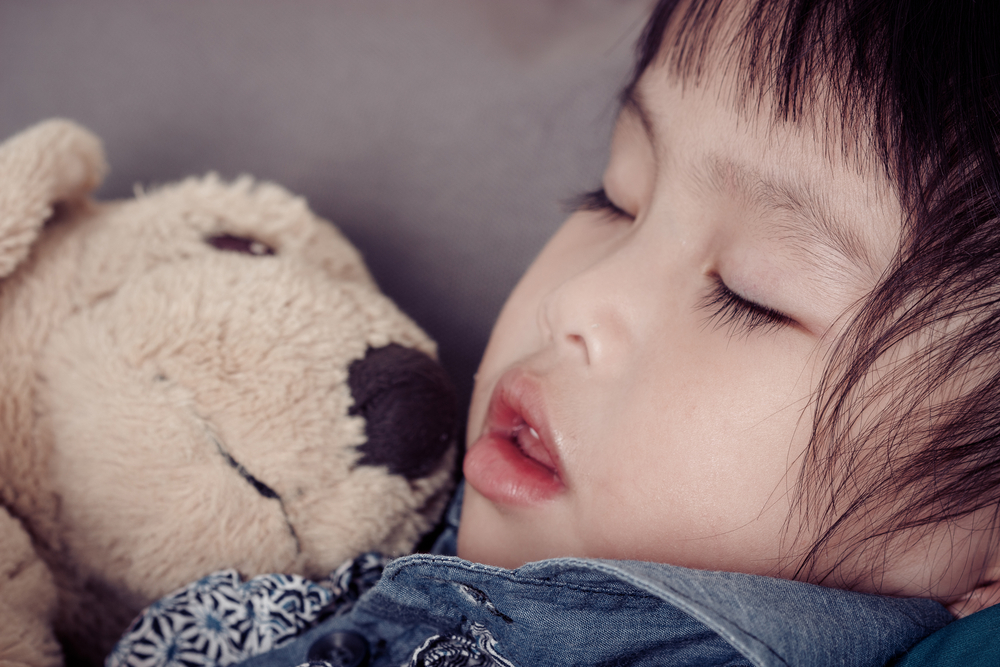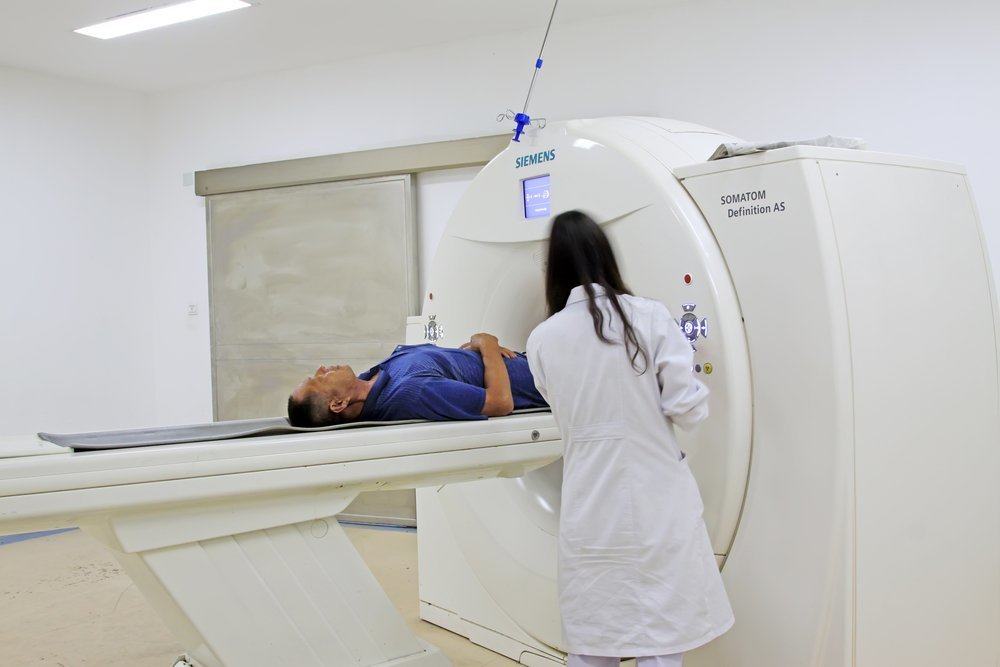Contents:
- Medical Video: Sleep Apnea in Children
- What causes child sleep apnea?
- Sleep apnea interferes with the child's brain development
- Sleep apnea in children can reduce IQ
Medical Video: Sleep Apnea in Children
Sleep apnea is a sleep disorder characterized by shortness of breath, may occur several times throughout sleep. A distinctive feature of sleep apnea is the sound of snoring that sounds very loud. This occurs because of a blockage in the respiratory tract so that the flow of air entering and exiting is not smooth during sleep. Sleep apnea generally occurs in adults, but children can also experience it. Even based on research, sleep apnea in children can interfere with the child's brain development which might have an adverse effect on IQ and thinking skills in the future.
What causes child sleep apnea?
As a result of blockages in the airways, the organs in the body will not get enough oxygen to work optimally. Stable oxygen intake, including during sleep, is especially important for the survival of the brain.
The lack of oxygen to the brain is translated as a danger sign, so the brain sends a message to the body to wake up immediately to reopen the airway. When awakened, the child will feel short of breath and have difficulty returning to sleep. Sleep apnea can occur between 5 and 30 times every hour throughout the night.
Sleep apnea in children usually results from:
- Swelling of the tonsils.
- Obesity.
- Genetic syndrome, like Down syndrome.
- Brain problems that affect respiratory control.
- Have a family history of sleep apnea.
- Having a problem with the throat muscle.
Sleep apnea interferes with the child's brain development
According to research cited from WebMD, sleep apnea can cause damage to a child's brain cells which in fact has not yet developed mature.
Imaging test results from research headed byDr. Leila Kheirandish-Gozal, director of the department of pediatric clinical sleep disorders at Chicago University it reported that sleep apnea in children which continued to be left without medical treatment resulted in a decrease in volumecortex serebri (area gray matter) related to five important parts in the process of information processing and child development, namely:
- The frontal cortex, which is involved in problem solving, movement, language, memory, and also stimulation control.
- Prefrontal cortex, which processes behavior, personality, and planning.
- The parietal cortex, which combines sensory signals.
- Temporal lobe, which regulates hearing.
- The brain stem, which controls respiratory and cardiovascular functions (blood vessel heart).
Sleep apnea in children can reduce IQ
Brain injury due to severe sleep apnea is seen in parts of the brain that are responsible for learning, memory, and complex thoughts such as problem solving. In addition, these children also have lower IQs and get lower grades in school compared to children who do not experience sleep disorders.
The average IQ score among children with sleep apnea was in the low-normal range and 16 points lower than children without sleep breathing disorders which was 85 versus 101.
However, research has not been able to prove whether this injury is permanent or temporary if sleep apnea has been treated. Because, this sleep disorder is actually very possible to be treated so as not to cause severity that can interfere with brain development in children in the future.













